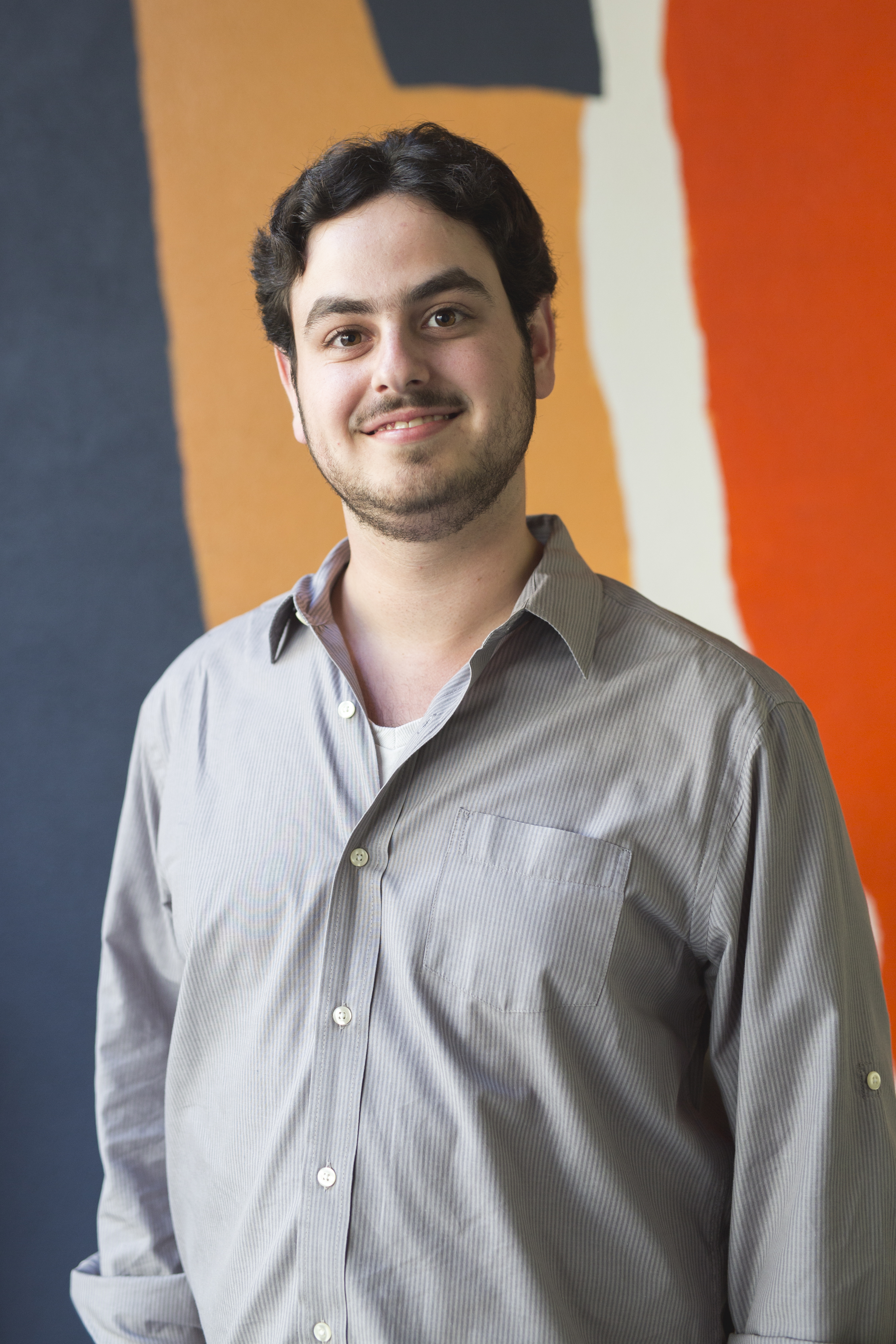Spotlight
Meet Paul, President of Fandango
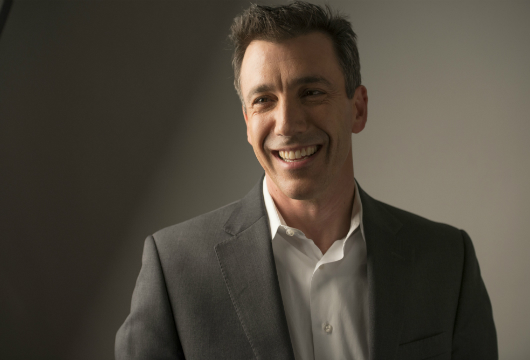 Paul Yanover has been the President of Fandango since 2012. Over seven years, the once small movie ticket selling company has grown from under 125 employees to over 700 with offices in the U.S. and South America. Yanover said it has become a dedicated marketplace of “experiences for consumers across the entire lifecycle of entertainment” through the acquisition of companies like Rotten Tomatoes and M-Go, which helped build the home streaming service FandangoNOW. Before he helmed the NBC Universal affiliate, Yanover held executive positions at The Walt Disney Company’s Animation Studio and Online Group. He also co-founded Ceiva Logic, a company that sells digital picture frames.
Paul Yanover has been the President of Fandango since 2012. Over seven years, the once small movie ticket selling company has grown from under 125 employees to over 700 with offices in the U.S. and South America. Yanover said it has become a dedicated marketplace of “experiences for consumers across the entire lifecycle of entertainment” through the acquisition of companies like Rotten Tomatoes and M-Go, which helped build the home streaming service FandangoNOW. Before he helmed the NBC Universal affiliate, Yanover held executive positions at The Walt Disney Company’s Animation Studio and Online Group. He also co-founded Ceiva Logic, a company that sells digital picture frames.
However, he said he began his career in a different place.
After receiving a Master of Science in Computer Science from the University of Southern California in 1990, he wanted to be a software developer. Yet he was not as “gifted” as the “amazing” developers who inspired him, and leaned into the interpersonal skills he was more effective with. As a result of that shift, Yanover now leads one of the biggest names in the Entertainment industry.
How did you wind up where you are today?
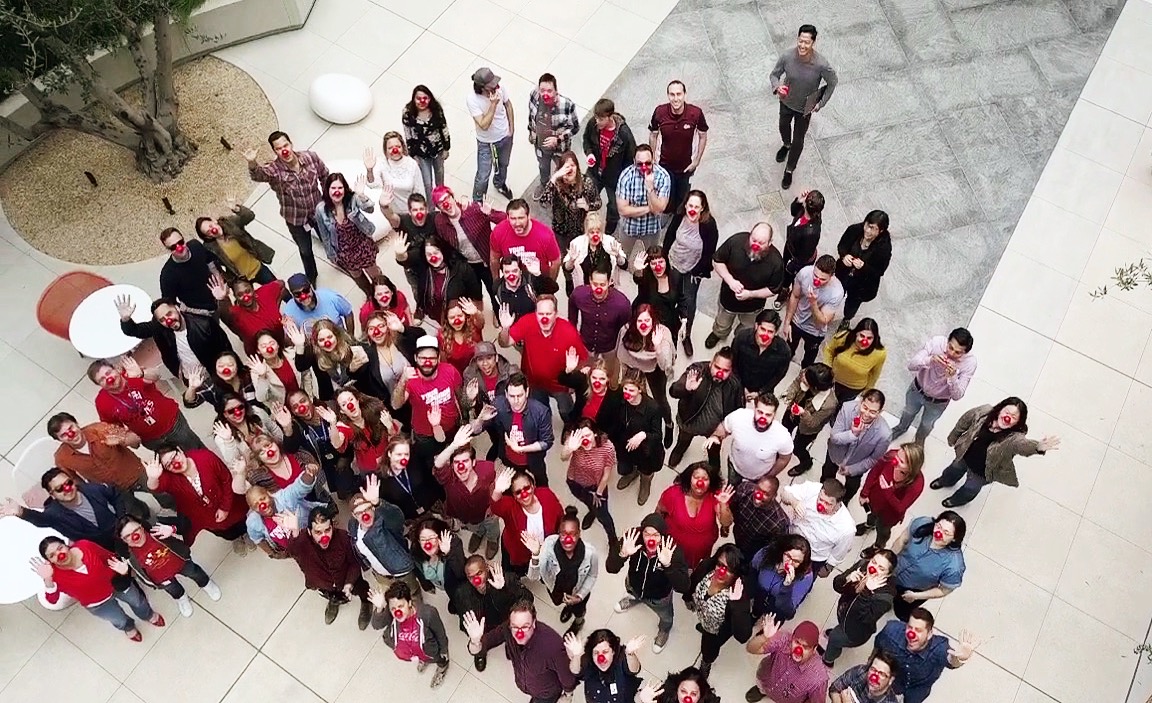 I was working at Disney Animation writing software to serve artists making movies.
I was working at Disney Animation writing software to serve artists making movies.
Think of them as a client group. It became clear to me that we weren't advocating for that client group, we were just focusing on our jobs as engineers.
I became really effective as the voice of that client group, the person who was better at distilling what problems they were trying to solve. It wasn't management in a formal way, but it was management in the sense that I was solving how people collectively get the right thing done.
A lot of the reason they don't is because they aren't talking with each other, and I could tell I was making a positive difference.
I forced myself to move around — not company-wise, but within the Walt Disney Company. It was a combination of restlessness and curiosity and maybe a healthy dose of intellectual awareness.
Moving around is good, you get better and you change in different environments. I had a series of jobs where I moved further into roles of managing.
Fandango happened to be looking for a CEO.
Some of my decision was personal logistics: I had left a long-standing career at Disney and was pursuing the next long-term thing. I also had a fairly instant passion for what the business was, and there was a sense that I could imagine what to do with it.
What was your vision when you came to the company?
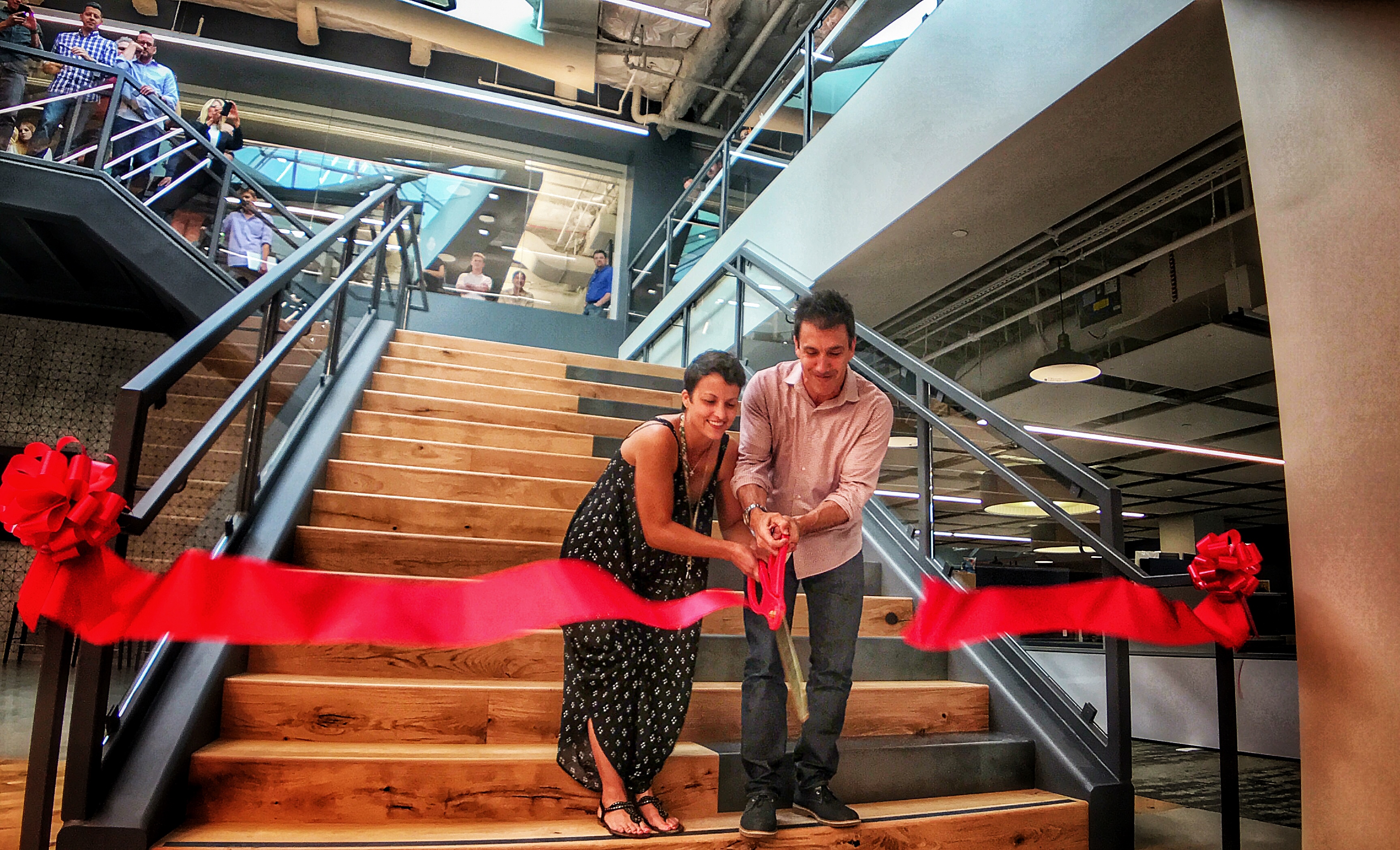 At a basic level, I met people and looked at the products and got some visibility and exposure to the business operation. I had a strong sense that this thing could be done a lot better, bigger, and more effectively.
At a basic level, I met people and looked at the products and got some visibility and exposure to the business operation. I had a strong sense that this thing could be done a lot better, bigger, and more effectively.
At a macro level, I imagined this thing could be a whole different concept. Fandango was an online service that sold movie tickets. Period.
I looked at it and said, “Couldn't this be so much more?” There’s so much in the way consumers think about and interact with and arrive at movies. What if we thought more broadly of movies and imagined what Fandango could be in that context?
What do you love the most about your job? What are its biggest challenges?
One thing I love is we have great, smart, inspirational people that I have the opportunity to mingle with and motivate and learn from.
The other is the business itself. We very much try to make this a platform company, which gives us an incredibly broad agenda. We get to redefine who we are and what we do whenever we want, and the open-endedness is very exciting.
Opening up the aperture of our ambition creates opportunities for employees to grow into. People who were here five years ago and had a very limited scope now have a big scope. That's cool.
I would say the biggest challenge is the need for a company to get big, and therefore needing structure and formality so people understand how they fit in. Yet, at the same time trying to keep the environment moving quickly, being highly adaptable as the market changes and limiting the bureaucracy.
Those things work at odds with each other. People want to work at places that are fast and loose and fun, but they also crave structure to know what they do or how they will be measured. They want to know how their efforts fit into the whole.
What skills are important for someone looking to be in a managerial role?
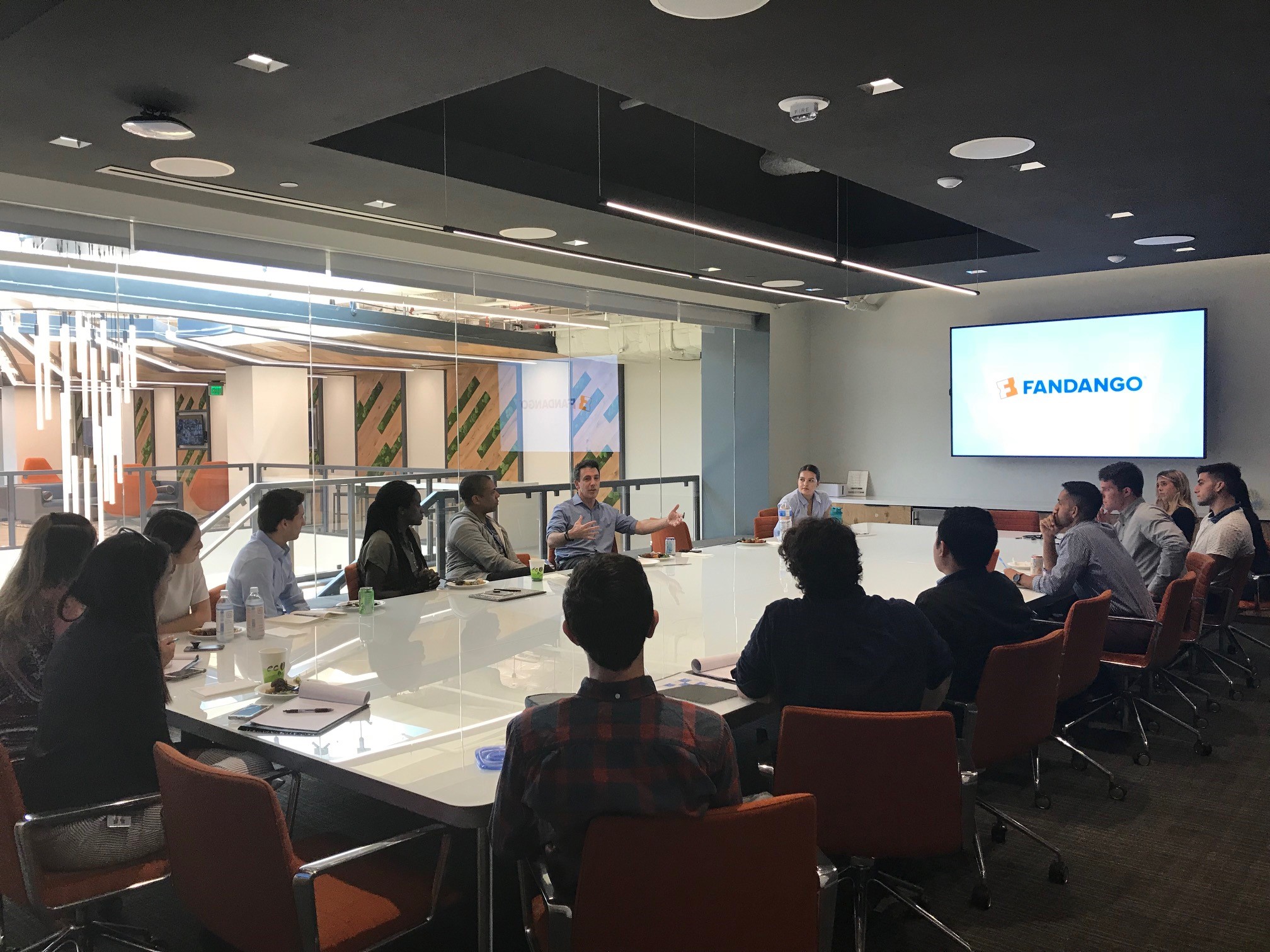 I would say the biggest skill is what everyone refers to as emotional quotient (EQ).
I would say the biggest skill is what everyone refers to as emotional quotient (EQ).
We're taught so much about intellect, being a subject matter expert and understanding facts. That's very intelligent quotient (IQ)-centric.
EQ is more about your ability to have empathy, to recognize that people have different styles of comprehension, motivation, satisfaction and inspiration. If you want success, you have to have diverse teams.
Ultimately a big challenge is understanding what makes people tick, seeing if they really understand what you're saying.
The question is how much it can be taught and how much is acquired with experience.
Are there things people can do while they're growing up or in school to foster that kind of skill?
Well, even if [EQ skills] can't be taught, it could be observed and respected and understood.
I think you can take a structured approach and think about the different communication styles people have. For example, can you be an effective verbal or written communicator?
You can also push yourself into interactions with people who are not like you. Force yourself to interact with introverts if you are an extrovert who learns differently.
Any other words of advice?
This will sound trite, but I think a big success ingredient is the ability to pivot and adapt.
High school and college are so oriented around formal processes, and in real life it's just not like that. It’s much more about having an objective, and the plan is to roughly do this.
People get really fixated on their careers and this notion of going through steps 1 through N, but if something goes wrong we see that as failure.
I was listening to a TED podcast on failure as a tool recently, and the guy who invented the Dyson vacuum company talks about being an inventor. He's very comfortable with failing, the process of eliminating bad ideas so eventually you encounter the good idea.
Think about being a little kid. Drawing outside the lines and spilling, we call that learning. Then you get to a certain age and it's not learning, you “messed up.”
It doesn't take very long for the emotional nerves to get wired where you don't want to mess up. All the time I see people constraining themselves because they have some fear of failure.
The skill of adaptability is getting more important every generation because the scale of business keeps increasing, so the way you do something today literally won't work tomorrow.
There's a funny quote from Mike Tyson: "Everyone has a plan until they get punched in the face."
You have to ask yourself if you’re ready to get punched in the face by life, or your job, or whatever.
The ultimate secret skill that very few of us are taught is to say, “I'm ready emotionally, even if I don't know what to do tactically” when the unpredictable punch happens. I'm not going to panic or freak out or feel bad.




